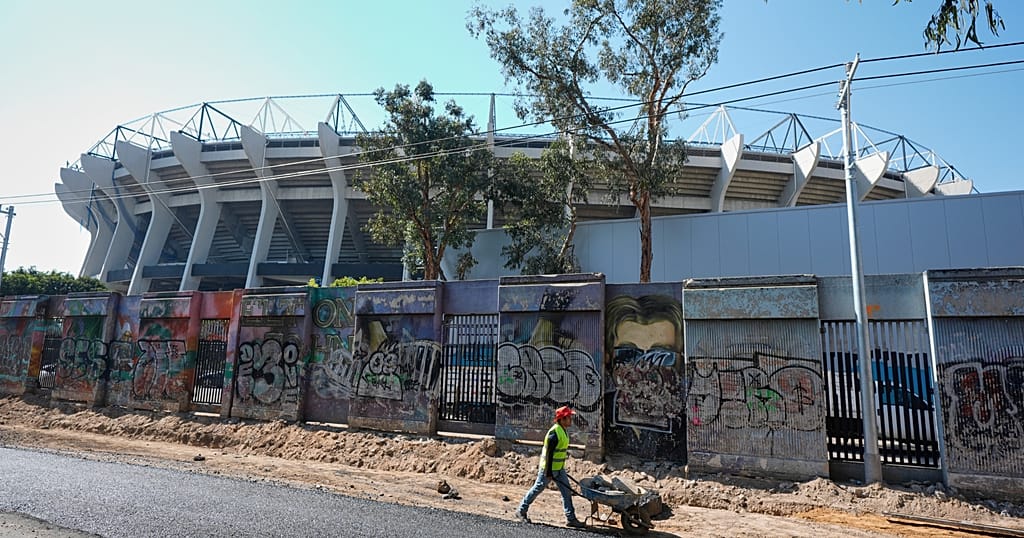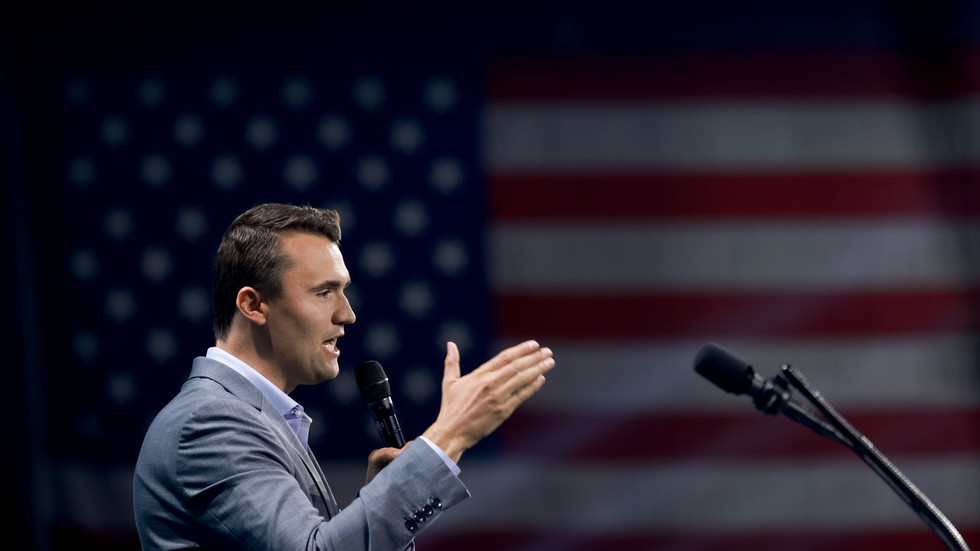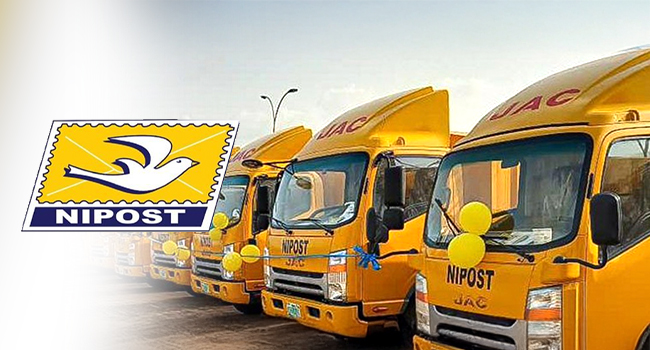Nigeria’s Independent National Electoral Commission (INEC) has confirmed that five political parties, including the Labour Party (LP), will not participate in the upcoming August 16 bye-elections in Edo State. The announcement, made by the state’s Resident Electoral Commissioner, Professor Anugbum Onuoha, during a press briefing in Benin City, cited procedural lapses and lack of engagement by the excluded parties.
According to Onuoha, the Labour Party failed to notify INEC of its intention to contest, while four others—Accord, BOOT Party, National Rescue Movement (NRM), and Young Progressive Party (YPP)—did not hold primaries to select candidates, despite initial expressions of interest. Of the 14 parties that signaled plans to compete, only nine formally invited electoral officials to monitor their primaries. These include major contenders like the ruling All Progressives Congress (APC), the opposition Peoples Democratic Party (PDP), and the New Nigeria Peoples Party (NNPP), among others.
INEC staff reportedly found the offices of the four excluded parties locked during scheduled visits, despite prior communication. “Some invited us, but when we arrived, their doors were shut. We couldn’t locate anyone,” Onuoha stated, underscoring inconsistencies in compliance with electoral guidelines.
The commission also raised concerns over low voter card collection rates, with 101,617 Permanent Voter Cards (PVCs) remaining unclaimed across seven local government areas. Out of 719,504 registered voters, only 617,887 have collected their cards—a trend Onuoha described as worrisome for voter turnout.
The bye-elections aim to fill vacancies in the Ovia Federal Constituency and Edo Central Senatorial District, seats left open after former holders assumed roles as governor and deputy governor. INEC reiterated its readiness for the polls, confirming the deployment of the Bimodal Voters Accreditation System (BVAS) to verify voters and streamline the process. Non-sensitive materials have already been distributed, with Onuoha emphasizing the commission’s commitment to “transparent and hitch-free elections.”
The exclusion of key parties and voter apathy toward PVC collection could shape the electoral dynamics in Edo, a state often viewed as a political battleground. As preparations advance, the focus remains on whether logistical assurances and public trust will align to ensure robust participation in the critical polls.



